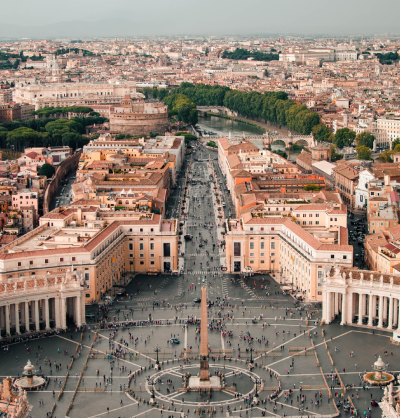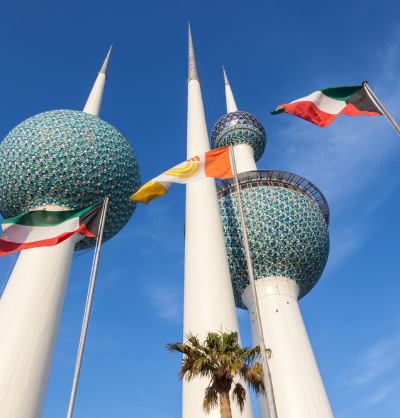The relationship between the Gulf Cooperation Council (GCC) and the European Union (EU) is becoming a central issue as EU parliamentary elections loom. The political equilibrium of the future Parliament and European Commission will likely play a critical role in determining the scope of this dyadic partnership.
Guided by the EU’s Strategic Partnership Document (2022), these relations have seen a significant increase in intensity, reshaping the geopolitical dynamics between the two interstate organisations. This Document establishes a comprehensive framework for cooperation, targeting six key areas: trade and investment; the green transition and energy security; regional security and stability; humanitarian and developmental issues; governance, reform, and human rights; and institutional cooperation. This framework facilitates significant advancements in institutional relations, highlighted by the 27th GCC-EU Joint Council and Ministerial Meeting (held in Muscat in October 2023) and the creation of a structured GCC-EU regional security dialogue.
But now, Europe is being urged to adopt a more assertive role in regional security to help de-escalate tensions in the wider Middle East. It should be reminded that defence is not a EU common issue, as the primary competence remains at the member state level. Nonetheless, there have been moves towards greater cooperation in this field as well, as highlighted by the Permanent Structured Cooperation (PESCO) initiative and the European Defence Fund. This call to action was demonstrated through the participation of 19 EU member states in the ASPIDES Naval Operation, which aimed to secure shipping routes in the Red Sea.
Of course, the EU-GCC relationship faces challenges as well and the EU’s response to the Gaza conflict has drawn criticism from GCC countries for its biased position in favour of Israel just as the EU has criticised the GCC over its stance on Ukraine. This highlights the delicate balance the EU must strike in its foreign policy, especially in managing international conflicts and its allies’ interests.
The Benefits of Deepening the EU-GCC Economic Relationship
Trade relations between the EU and GCC have faced considerable challenges over the past decades. Attempts to revive a long-stalled Free Trade Agreement have not made much progress, with the EU now lagging behind China as a major trade and investment partner for the GCC. New policy mechanisms like the EU’s Carbon Border Adjustment Mechanism (CBAM) are likely to further complicate trade relations, especially for carbon-intensive exports from the GCC such as steel and cement.
A key aspect of the EU-GCC partnership has been the EU’s push for a greener policy framework, aligning with the European Green Deal and its ambition to become the first carbon-neutral continent by 2030. The GCC states have also set ambitious environmental targets with net-zero goals aimed for between 2050 and 2060—with the exception of Qatar. The GCC countries, notably the UAE and Saudi Arabia, are aggressively pursuing renewable energy projects. The UAE’s Energy Strategy 2050 aims to reduce the carbon footprint of its power generation by 70% and increase the clean energy mix to 50% by 2050, blending nuclear, solar, and clean coal technologies. Concurrently, Saudi Arabia has outlined a plan to balance its energy mix equally between gas and renewables by 2030.
There is also substantial potential for growth in cultural and educational exchanges. Enhancing the mobility of Gulf residents, especially the youth, and improving visa services could enhance mutual understanding and cooperation at a people-to-people level. This includes fostering SME development and enhancing the participation of women in business across both regions .
*****
While significant progress in GCC-EU relations is visible, the partnership remains dynamic and subject to global and regional influences. The future of GCC-EU relations hinges on sustained dialogue, mutual respect, and a commitment to shared objectives, aiming for a more interconnected and cooperative global framework.





